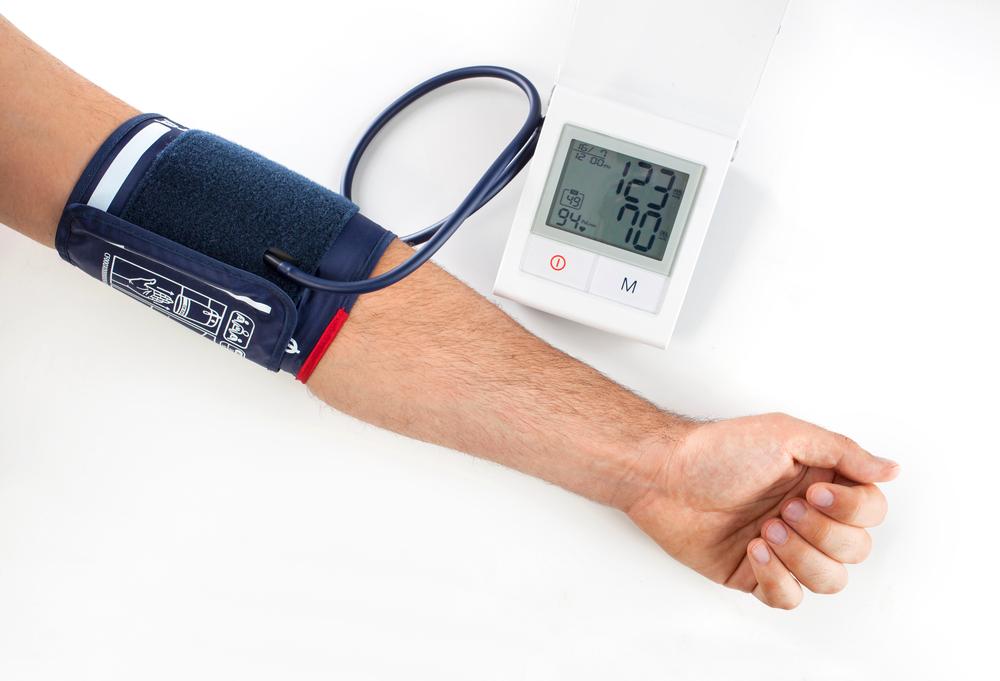Guide to Interpreting Blood Pressure Levels
Learn how to interpret blood pressure readings, understand healthy ranges, and adopt lifestyle habits to maintain optimal cardiovascular health. Regular monitoring combined with proper habits helps prevent serious health issues like heart attacks or strokes.

Monitoring your blood pressure is key to maintaining heart health. Blood pressure reflects the force of blood pushing against vessel walls as your heart beats. Understanding the normal and abnormal ranges can help you identify potential health risks early. For individuals aged 17 to 60 and above, values below 120/80 mm Hg are ideal. Elevated readings between 120-129 systolic or less than 80 diastolic suggest caution. High blood pressure stages range from 130/80 mm Hg to above 140/90 mm Hg, increasing the risk of serious conditions like strokes or heart attacks. Regular checkups and lifestyle adjustments are essential for keeping blood pressure within healthy limits. Key tips include a balanced diet, reducing salt intake, regular exercise, limiting caffeine, and avoiding processed foods. Recognizing symptoms like headaches or dizziness alongside high readings is crucial. Always consult a healthcare professional for personalized advice. Monitoring blood pressure regularly and adopting healthy habits can significantly reduce health risks.










